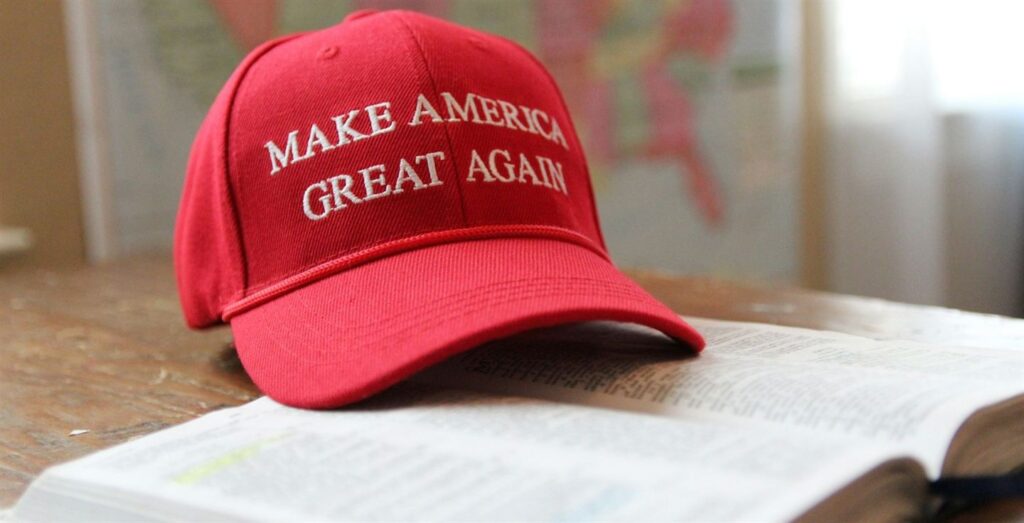I don’t engage or contribute to TikTok, the social media platform, but I understand the appeal for some people. The possible ban of the popular social media platform reflects ongoing concerns with several social media platforms. For me, the boundary is clear regarding national security matters, such as data breaches and the exposure of confidential information, which are unacceptable. Government agencies and other companies are just as guilty of leaking sensitive customer data. What about the principles of free speech and creative expression for everyday users? Banning the platform will also equate to a loss of revenue for advertisers and content producers. Should we tighten up regulations for other social media platforms and where do we draw the line?
U.S. House Bill
The U.S. House passed legislation yesterday in a majority bipartisan vote to push ByteDance, the Chinese owner of TikTok, to sell the social media platform. This bill reflects the ongoing concerns about national security, data privacy and the influence of foreign entities on U.S. technology platforms. This wildly popular social media platform with young users could be banned nationally unless ByteDance sells TikTok. There is a touch of irony since the U.S. government agencies have had several data breaches over the years. I am not invested in U.S. politics, but obviously, Biden and Trump have stakes in the next election so that could play a factor. Both U.S. candidates are flip-flopping with their decisions regarding the TikTok dilemma. The other concern is it may prompt legal challenges and affect international trade relations with China. Is TikTok being used as a scapegoat or is there a thread of truth about potential security concerns?
Freedom of Speech
The current situation is indeed complex, and my concern lies in the potential exploitation of Gen Z and millennials as mere pawns in the ongoing power struggle between the U.S. and Chinese governments. Those involved in content production, marketing, and influencing are deeply intertwined with TikTok and face significant financial risks. While I highly value the principles of free speech and expression, achieving a delicate balance is crucial. In other words, we must safeguard free speech, but we cannot overlook the pressing need for robust data security measures to protect citizens. TikTok requires more content moderation and regulation, but such measures should not hinder the platform’s ability to foster creativity. Meta and Facebook continue to walk down this “slippery slope”. A potential ban of a platform like TikTok could set a concerning precedent for government censorship and lead to increasing public outcry.
National security concern?
The ban of the TikTok platform is a complex issue that involves national security concerns, data privacy, and geopolitical dynamics. Social media companies must be held responsible for any unethical practices: the boundary is clear regarding national security matters, such as data breaches and the exposure of confidential information. There are concerns that user data may be exploited for extensive surveillance, potentially impacting election processes and being misused for purposes of intimidation or spreading hate speech. Unfortunately, this issue appears to be a recurring pattern with certain developers and platforms. While some argue that TikTok has taken steps to protect American data by storing it on U.S. servers, others remain unconvinced about the effectiveness of these measures.
TikTok is not everyone’s “cup of tea”
I have no intention of engaging with TikTok and choose not to endorse it. Some marketers and content producers may argue that TikTok enhances the financial and educational literacy of the young demographic. There is some merit. However, I don’t think 10-second video clips of cats jumping or kids doing stupid stunts will enhance my life. Does sneering or chuckling lightly count as good entertainment value? Maybe I am just getting bitter in my old age. In my experience, such frivolous content is no better than the loosely regulated Facebook Reels or Threads. 80% of the posts are junk — “eye candy” and clickbait to drive traffic with more “clicks”. The number of times I’ve reported content that was inappropriate, offensive, or spam is too many to count. The other problem is social media platforms like TikTok foster addiction and reduce attention span in the young demographic. Too many people are addicted to their smartphones— Facebook Reels, YouTube and Threads are just as bad.
Alternative platform or solutions?
ByteDance walks down this precarious path — should it concede and divest its American operations or wait it out? There are hints of TikTok investing in an alternative platform with a backup plan. TikTok’s app code reveals work on a separate TikTok Photos app that would sync with the main TikTok app, coming down the pipeline to iOS and Android. TikTok may not launch TikTok Photos, as ByteDance has a full agenda trying to fight a forced sale of TikTok in the U.S. Presently, TikTok enables users to upload a series of photos for others to browse, copying Instagram’s functionality. However, a dedicated TikTok Photos application could introduce a unique user interface. It raises the question of whether users need an additional social media platform or app.
The TikTok dilemma represents a multifaceted political strategy within the U.S., yet concerns regarding data privacy and national security may hold little merit. Although I neither support nor utilize this platform, I acknowledge its popularity among the youth. The potential ban poses significant implications for content creators and marketers, necessitating a shift to alternative platforms. Is this yet another instance of reciprocal actions in response to the ongoing trade relations with China? What are your thoughts on the prospective ban and future of TikTok? Please share your opinions.

